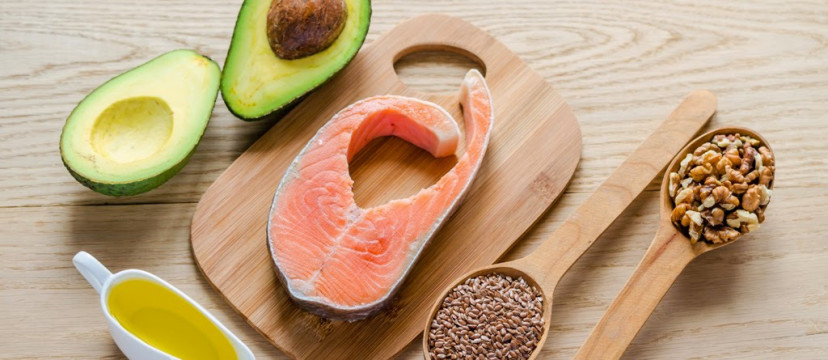By Maysam Youssef, RD
Smoothies can be a healthy choice or they may be little more than sugary water (not much different than soft drinks or fruit punch). Smoothies, made from whole, fresh or frozen fruit have higher vitamin, mineral, photochemical and fibre content, than juices and they can be a healthy choice. But beware of added ingredients such as fruit syrups, whipped cream or flavoured drizzles- these add on’s can turn your smart smoothie into a glorified milkshake, complete with 400 or more calories!




